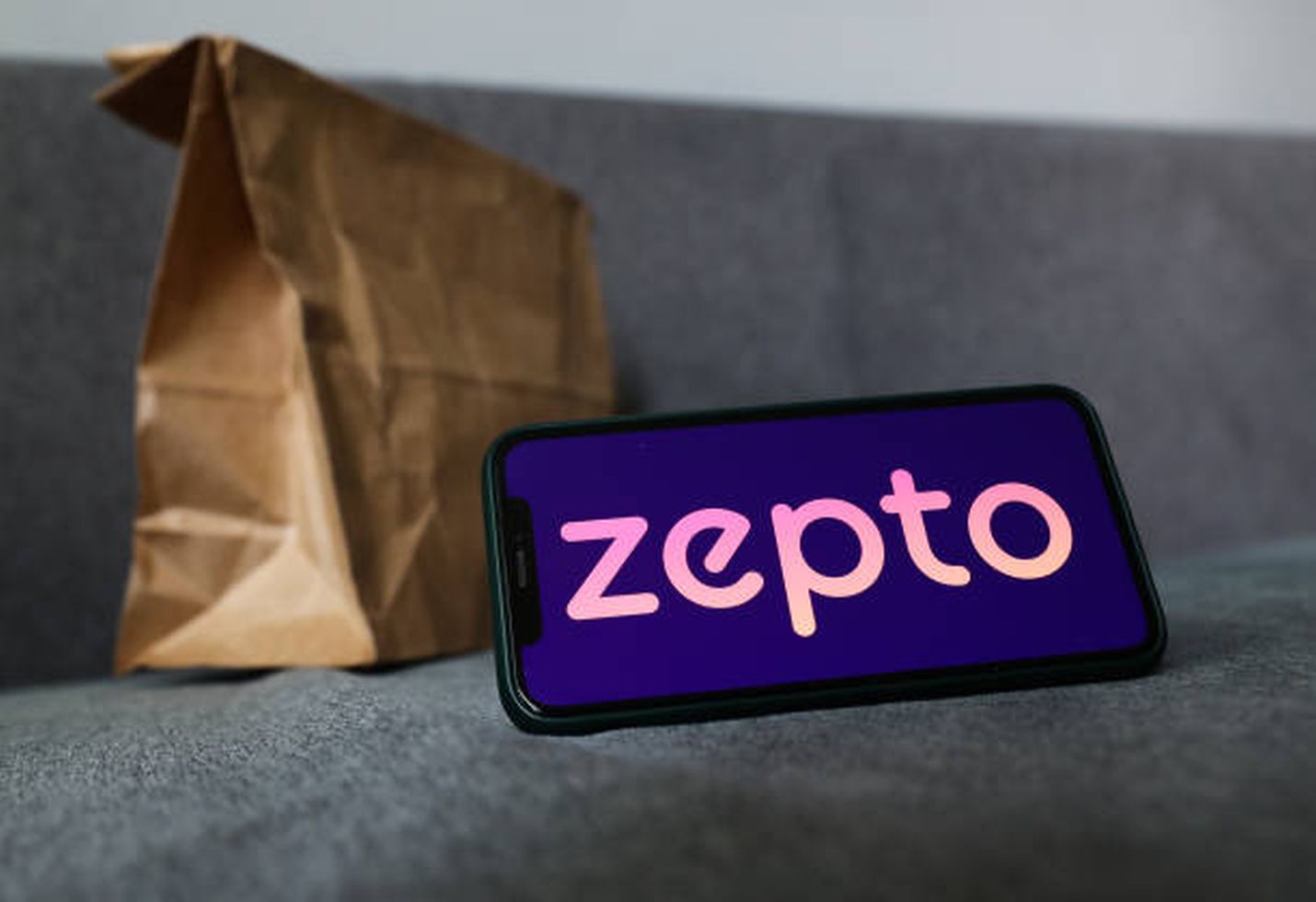Porter Extends Series F: New $110 Million Boost Powers Indian Logistics
Porter is gearing up to secure an additional $100–110 million, pushing its extended Series F round to an impressive $300–310 million. The all-equity deal cements the company’s status as one of India’s largest startup fundraises of 2025 and sustains growth momentum in intra-city logistics.
Introduction: A Logistics Giant in the Making
Porter, Bengaluru’s homegrown on-demand logistics startup, has made headlines once again by securing fresh funding of $100–110 million from a syndicate of existing and new investors. This latest capital infusion extends Porter’s ongoing Series F round—started with a $200 million raise in May 2025—to a remarkable $300–310 million, underlining the investor appetite for India’s logistics innovation and signifying one of the largest venture-backed investments seen in the country this year.
Funding Structure: Primary vs Secondary Split
A significant aspect of this fundraising is the mix between secondary share sales (estimated at $250–260 million) and primary capital ($50 million) directly channeled into Porter for business expansion and operational scaling. The secondary deals enable early backers to partially exit or book profits, while new participants—such as London-based private equity player Vitruvian Partners and Elev8 Venture Partners—are bullishly taking up fresh stakes. Kedaara Capital and Wellington Management, who led the initial tranche of Porter’s Series F round, are continuing their participation at the same valuation levels.
Business Evolution: Riding the Logistics Wave
Established in 2014 by Pranav Goel, Uttam Digga, and Vikas Choudhary, Porter has grown from a digital freight aggregator into a leading logistics player with a nationwide presence. Its technology-driven platform offers a suite of intra-city services including mini-truck rentals, last-mile parcel delivery, and, more recently, two-wheeler logistics—targeting dual markets of micro/small businesses and direct consumers.
With expansion into over 22 Indian cities and venturing into peer-to-peer delivery, Porter is strategically positioned against competitors such as Rapido and Uber, leveraging a dense network and a robust product suite to capture urban logistics demand.
Financial Leap: Profitability, Growth, and Valuation Milestones
Impressively, Porter became operationally profitable in FY25, riding a surge in revenue that exceeded 50% year-on-year, breaching ₹4,000 crore (approx $480 million). For FY24, the company reported ₹2,766 crore in operating revenue while minimizing its net losses to ₹96 crore, nearly halving the deficit from the previous fiscal. This remarkable growth trajectory and profitability milestone have helped double its valuation since 2021—when it stood at $500 million—to the current $1.2 billion unicorn mark.
Leadership & Strategic Direction
2023 brought a major leadership transition: Uttam Digga stepped in as CEO, with co-founder Pranav Goel shifting to vice chairman duties. The new leadership is tasked with capital deployment across key growth levers—technology upgrades, geographic expansion, and the deepening of Porter’s last-mile network—further strengthening its positioning in anticipation of a potential IPO in the next 12–15 months.
Market Impact: Indian Startups in Focus
Porter’s $300–310 million funding achievement firmly situates it among the upper echelons of Indian venture capital deals for 2025, alongside mobility player Rapido (seeking $300 million) and fintech leader Groww ($200 million pre-IPO round). Porter was recently nominated for the Economic Times Startup Awards 2025, signaling strong recognition from both the investment community and industry peers.
Conclusion
Porter’s Series F extension marks not just a financial win, but a strategic inflection point for Indian logistics innovation. The fresh $100–110 million capital will support Porter’s foray into new market niches, solidify its peer-to-peer and B2B offerings, and accelerate its path towards public listing. As its growth sets benchmarks both for profitability and scale, Porter stands poised to redefine intra-city delivery in urban India.
The image added is for representation purposes only








